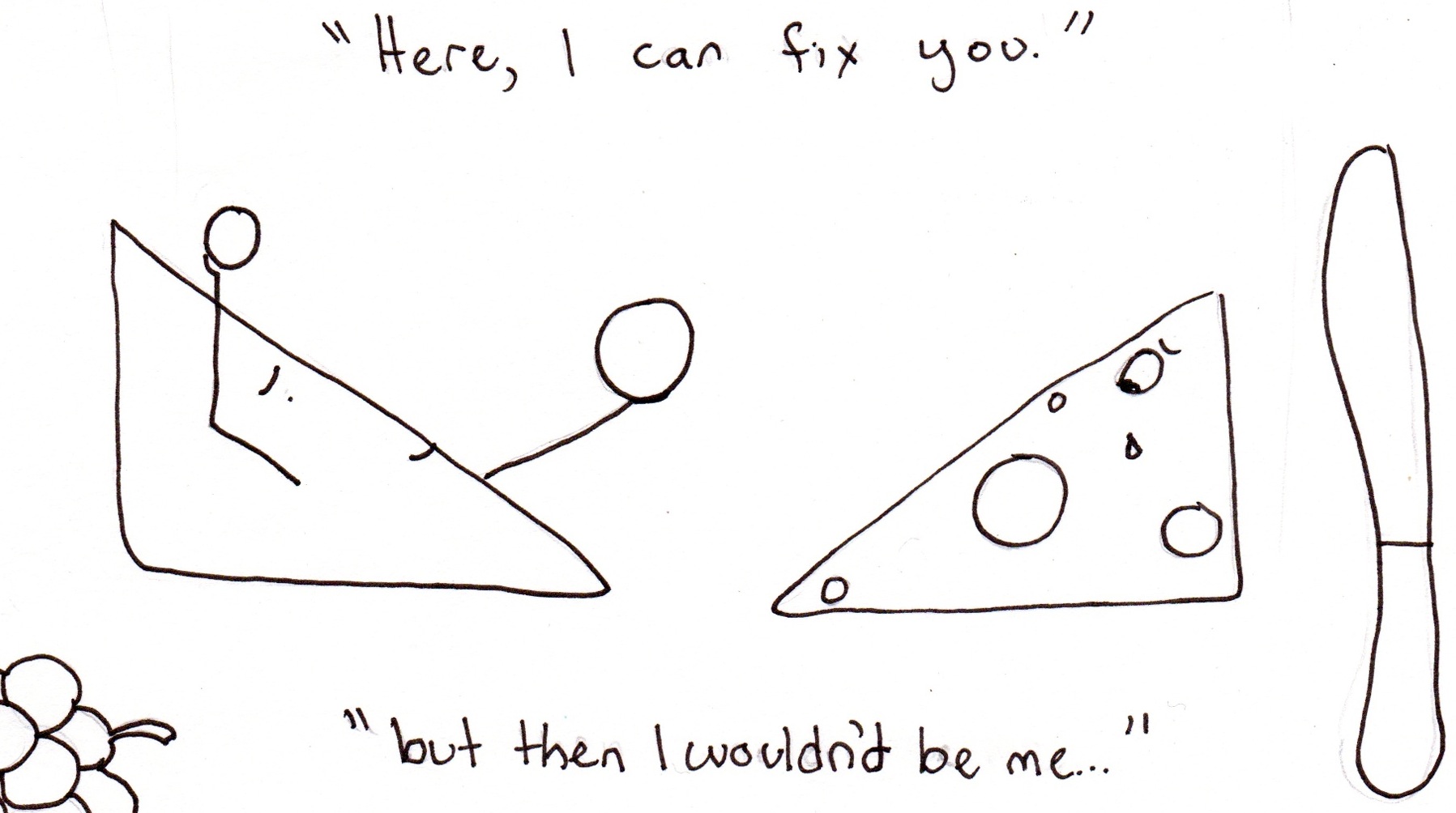Serving Is Different From Helping And Fixing

IMAGE OF THE WEEK

In recent years the question how can I help? has become meaningful to many people. But perhaps there is a deeper question we might consider. Perhaps the real question is not how can I help? but how can I serve?
Serving is different from helping. Helping is based on inequality; it is not a relationship between equals. When you help you use your own strength to help those of lesser strength. If I'm attentive to what's going on inside of me when I'm helping, I find that I'm always helping someone who's not as strong as I am, who is needier than I am. People feel this inequality. When we help we may inadvertently take away from people more than we could ever give them; we may diminish their self-esteem, their sense of worth, integrity and wholeness. When I help I am very aware of my own strength. But we don't serve with our strength, we serve with ourselves. We draw from all of our experiences. Our limitations serve, our wounds serve, even our darkness can serve. The wholeness in us serves the wholeness in others and the wholeness in life. The wholeness in you is the same as the wholeness in me. Service is a relationship between equals.
Helping incurs debt. When you help someone they owe you one. But serving, like healing, is mutual. There is no debt. I am as served as the person I am serving. When I help I have a feeling of satisfaction. When I serve I have a feeling of gratitude. These are very different things.
Serving is also different from fixing. When I fix a person I perceive them as broken, and their brokenness requires me to act. When I fix I do not see the wholeness in the other person or trust the integrity of the life in them. When I serve I see and trust that wholeness. It is what I am responding to and collaborating with.
There is distance between ourselves and whatever or whomever we are fixing. Fixing is a form of judgment. All judgment creates distance, a disconnection, an experience of difference. In fixing there is an inequality of expertise that can easily become a moral distance. We cannot serve at a distance. We can only serve that to which we are profoundly connected, that which we are willing to touch. This is Mother Teresa's basic message. We serve life not because it is broken but because it is holy.
Rachel Naomi Remen is the author of various books, including Kitchen Table Wisdom. Excerpt above is from a transcript of Noetic Sciences Review. You may also read one of another story that Rachel recently shared with us: Doctor's Heart of Compassion.
SEED QUESTIONS FOR REFLECTION: What are the implications in your life of the distinctions between serving, helping and fixing? Can you share a personal story of an experience where you were mindful of these distinctions? How can we move from helping and fixing to serving?